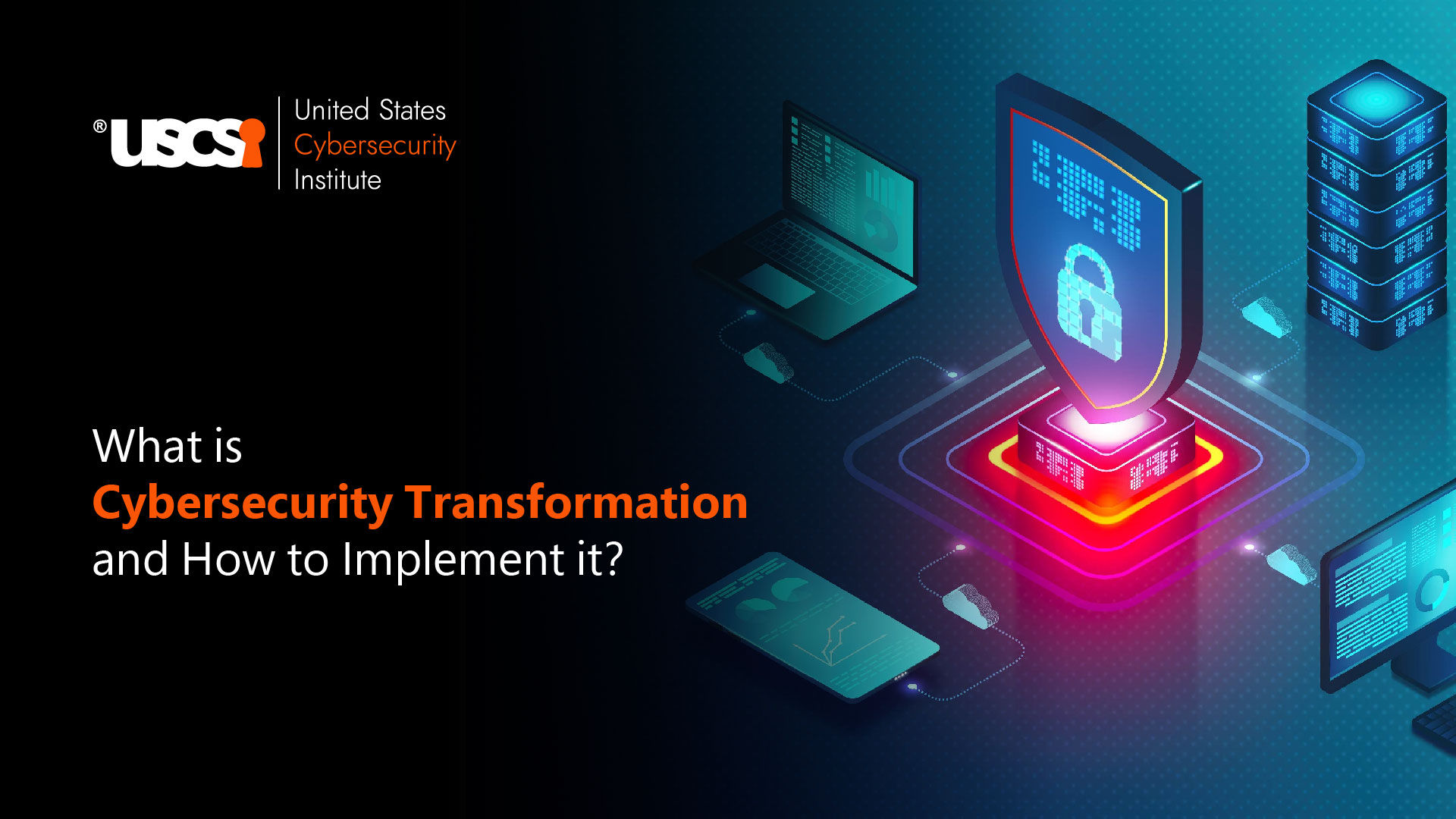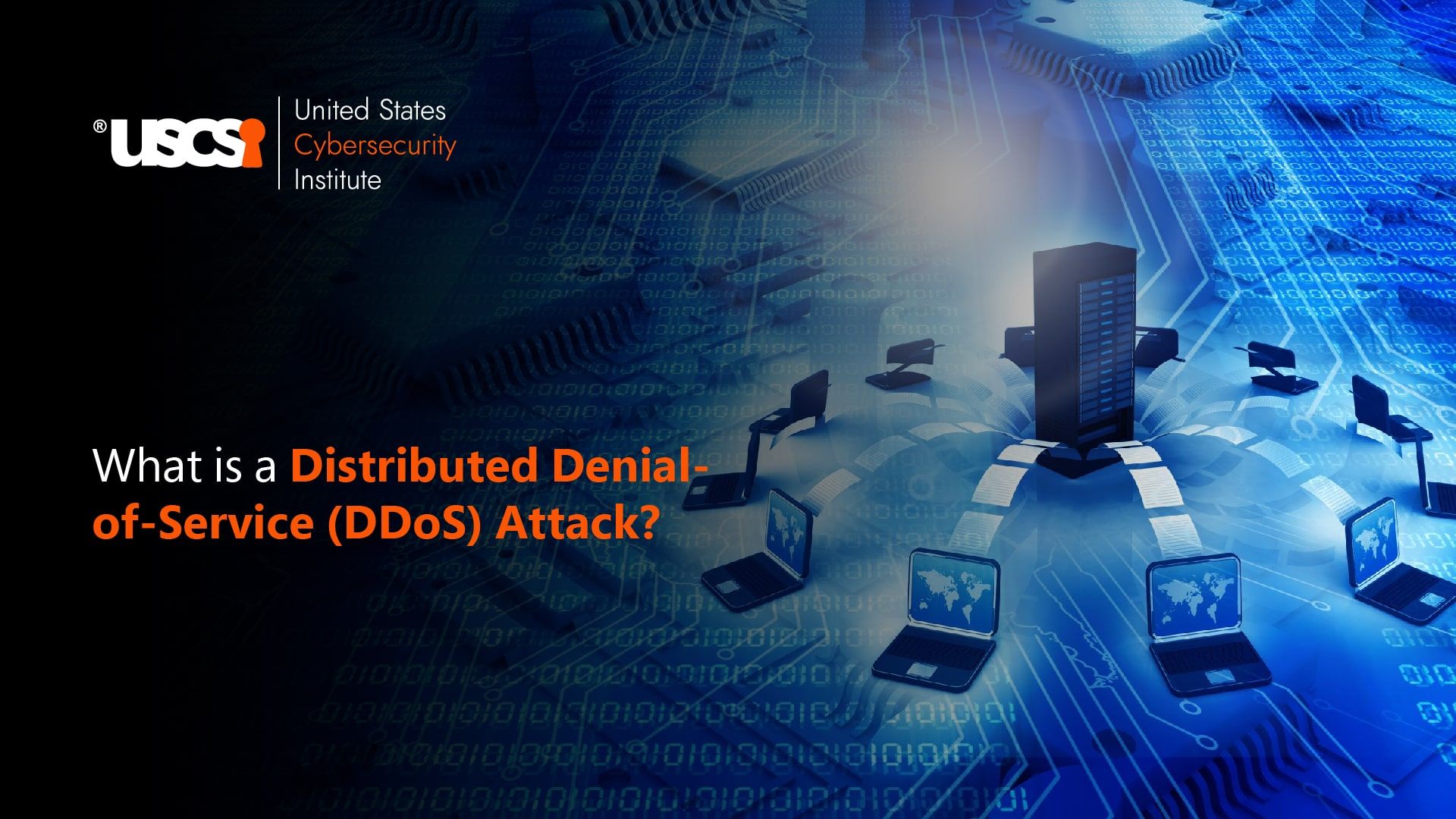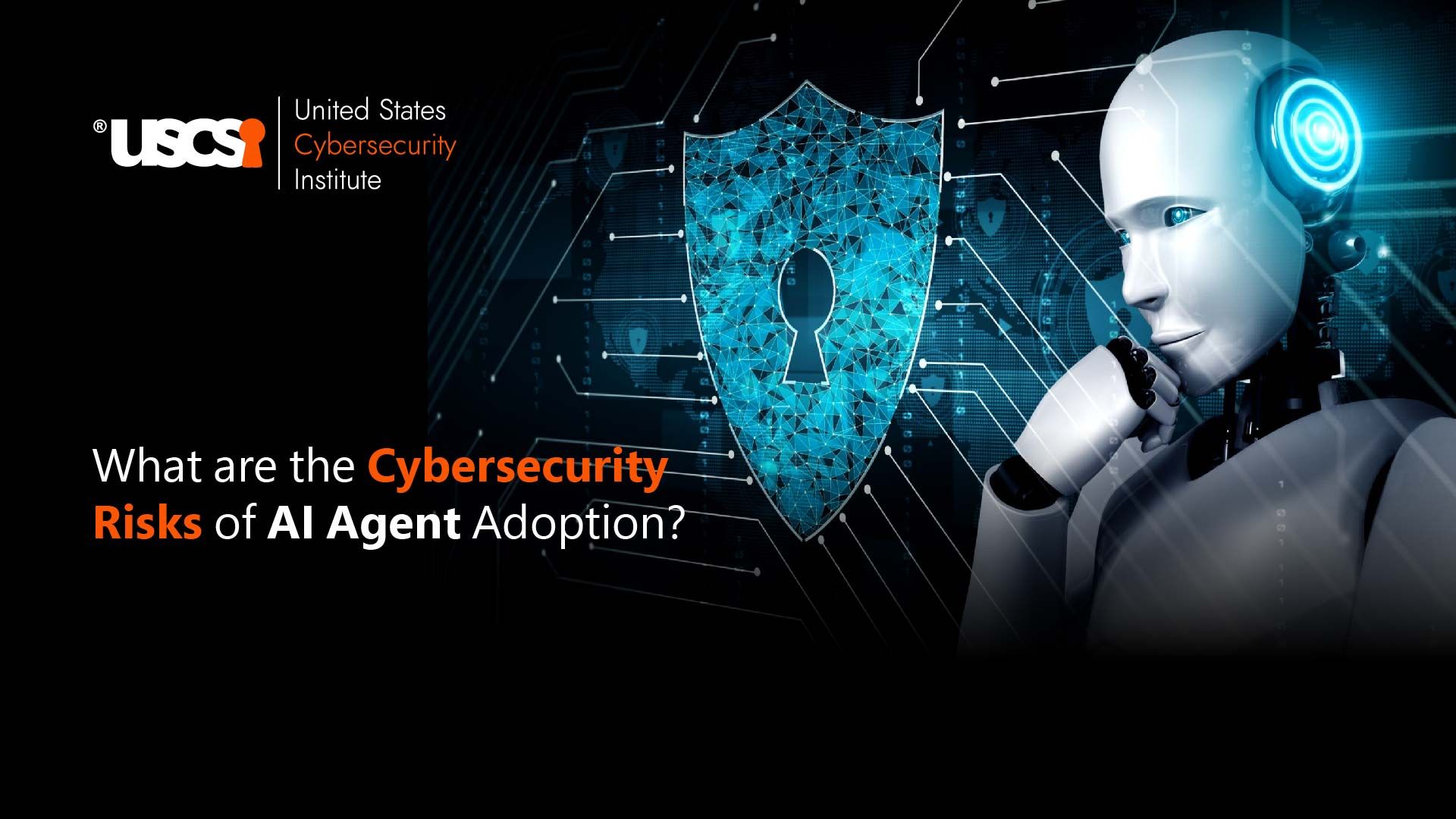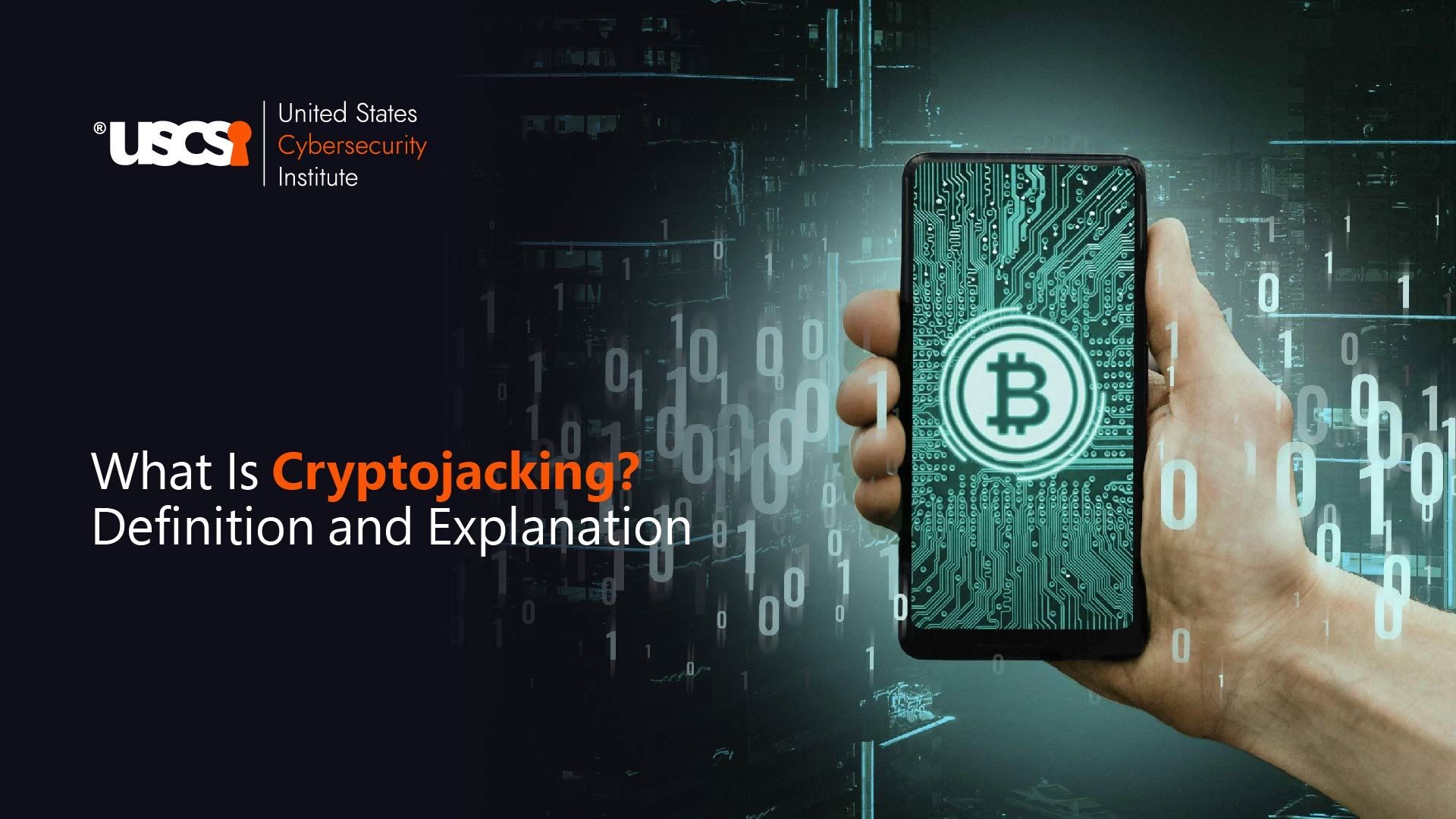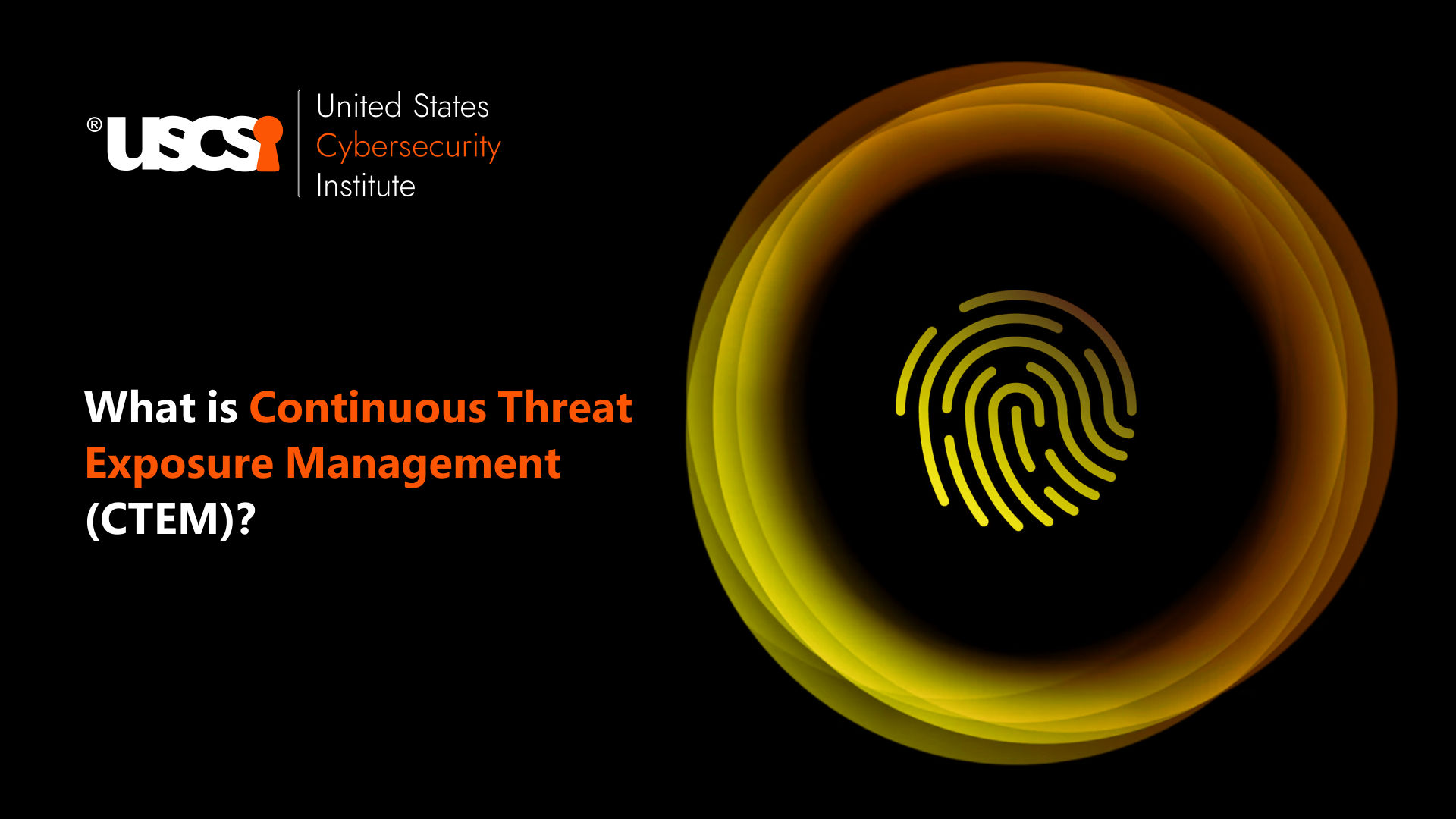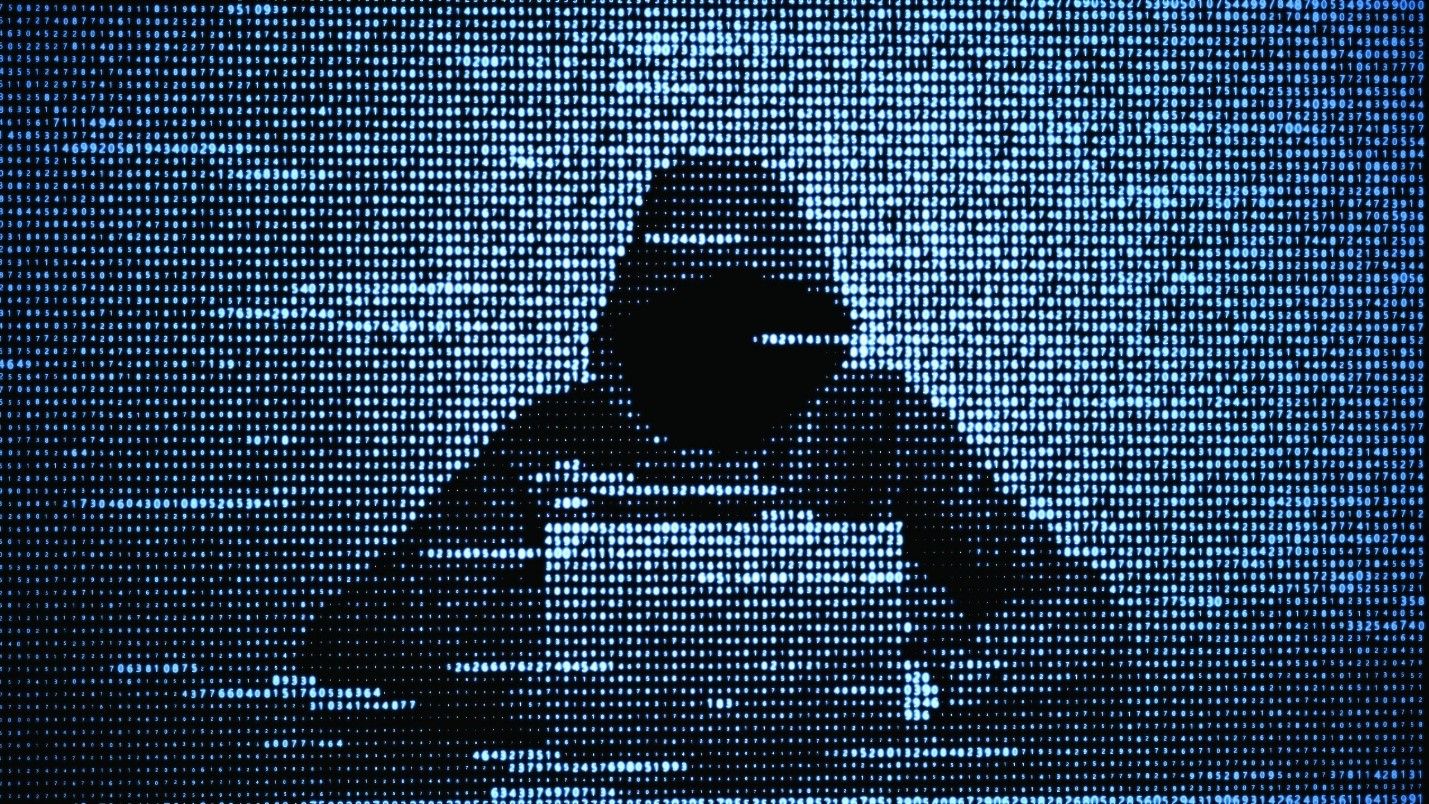

Understanding the Intensifying Realm of Cybersecurity Consciousness
Cybersecurity is no longer just a buzzword; it has become an undeniable necessity. As the digital age expands, so does the critical role of cybersecurity. Over 4,100 publicly revealed data breaches occurred last year, accounting for nearly 22 billion exposed records. What once was a minor concern has taken a toll today, demanding it to be addressed with a cyber expert’s assistance.
With the rise of sophisticated cyber-attacks, it is essential to have a comprehensive understanding of cybersecurity and its implications. By installing an effective cybersecurity awareness program, organizations can ensure that their employees are aware of the latest threats and ways to protect themselves against them.
Why is cybersecurity awareness critical?
Cybersecurity awareness must be a top-level priority with the continuous cyber threats to businesses. It helps individuals, organizations, and governments understand the dangers cybercriminals pose and how to protect themselves.
Cybersecurity awareness also ensures that users know their rights and responsibilities regarding online safety. Thus, users can take steps to protect themselves from malicious activities such as identity theft, phishing scams, data breaches, and other cyber-attacks. Likewise, business organizations can hire a Cybersecurity expert to reinforce the confidentiality of their crucial data online.
Adverse Impact of Compromised Cybersecurity
When cybersecurity is compromised, it can have wide-reaching implications for businesses and individuals alike. It can lead to data breaches, financial losses, reputational damage, and even legal repercussions.
Therefore, organizations must take the necessary steps to protect their systems from cyber threats. This includes implementing robust security protocols, monitoring networks for suspicious activities, and training staff on cybersecurity best practices. In this scenario, the role of a Cybersecurity expert is of colossal importance.
3 Susceptible Dangers of Browsing Unsecured Websites
In today's digital world, browsing the web can be a risky endeavor. With malicious, deceitful, or unsecured websites lurking around every corner, it is vital to understand the dangers of browsing these sites. Here are the three most common cyber hazards of visiting fishy websites:
- Phishing Phishing involves malicious websites and emails designed to deceive users into providing personal information or clicking on malicious links. Users can unknowingly expose themselves to hackers and other cybercriminals by visiting a phishing yet legitimate-looking website. With the assistance of a Cybersecurity expert, businesses can implement measures like two-factor authentication, using secure web browsers, and educating their employees on how to spot and report suspicious activity.
- Malware Malware is a type of malicious software designed to damage or disrupt computer systems. It can be used to steal data, take control of computers, and even cause physical damage. Malware is often spread through phishing emails, malicious websites, and downloads from the internet or by opening infected emails or files. You can deploy a Cybersecurity expert to integrate anti-malware software into the system. Stay updated with the latest security patches, use secure passwords for all accounts, and avoid suspicious or less authentic websites.
- Adware Adware is a type of malicious software that is designed to display advertisements on your computer without your consent. It is often installed without the user's knowledge and can be difficult to remove. Adware can track user activity, collect personal data, and redirect users to malicious websites. In some cases, it can also cause system slowdowns or crashes.
Ignoring your Computer Safety? Think Again!
Without proper security measures in place, your computer is vulnerable to malicious attacks from hackers, viruses, and other cyber threats. Not only can these threats cause data loss and system damage, but they can also lead to identity theft and financial losses. Here are a few consequences of weakened computer security.
- Physical and Software Damage
- Loss of Personal Data
- Expensive Repairs
Ways to Stay Protected from Cyberattacks
- Regularly update security software and back up essential data
- Use strong passwords and use two-factor authentication
- Avoiding suspicious links and websites
- Using antivirus and anti-malware software and ad blockers
Become a Cybersecurity professional
Becoming a Cybersecurity professional requires a combination of technical knowledge and problem-solving skills. It also requires understanding the latest cyber threats and how to protect against them. With the proper training and certifications, you can become a Cybersecurity expert and help organizations protect their digital assets from malicious actors.
Why get a cybersecurity certification?
Equipping oneself with the top Cybersecurity certifications is one of the most rewarding ways to demonstrate your proficiency in the field. These certifications are designed to help you understand how to protect your organization from cyber threats. They also provide you with the in-depth expertise needed for a successful Cybersecurity career.
Conclusion
With cyberattacks becoming sophisticated and connected devices rising exponentially, we should remain aware of the threats posed by cybercriminals. Cybersecurity awareness involves understanding risks and developing strategies to increase user education and make informed decisions. Business organizations can utilize the capabilities of a Cybersecurity expert to keep their digital infrastructure secure.

